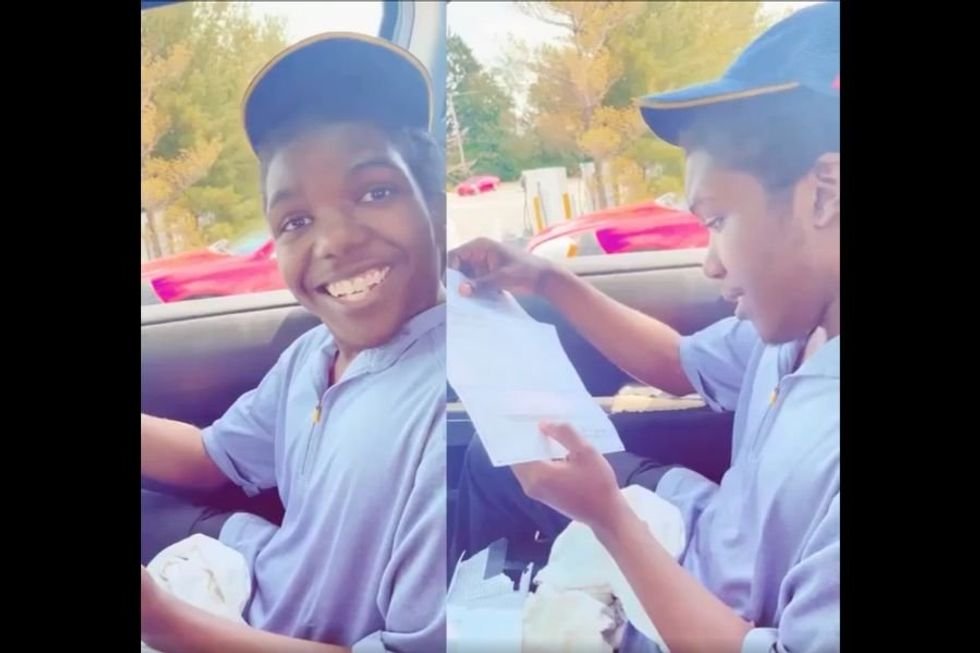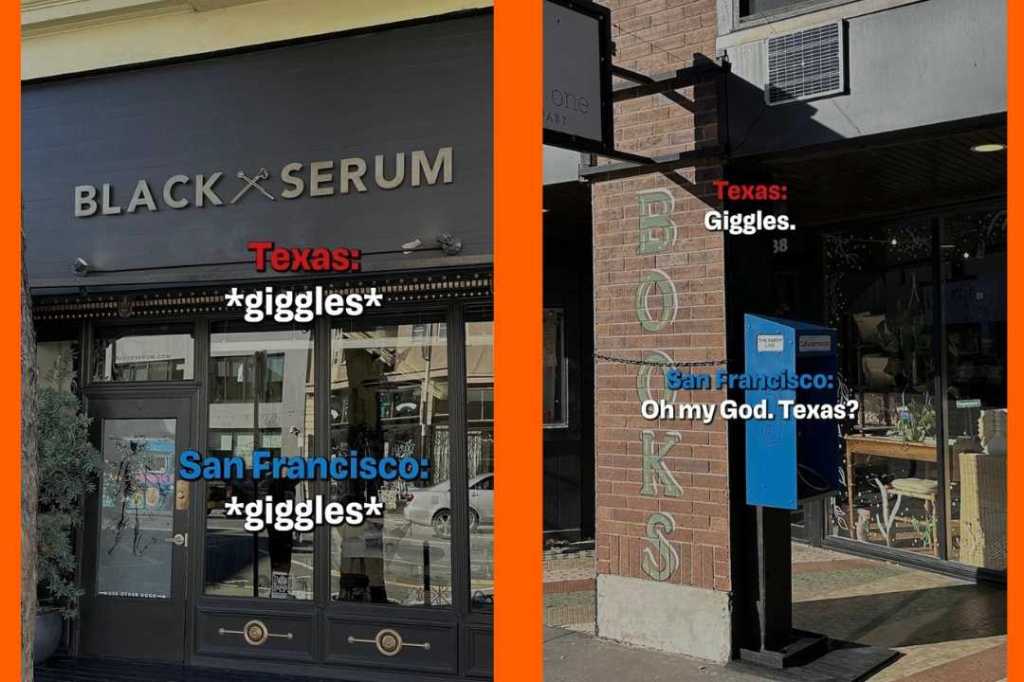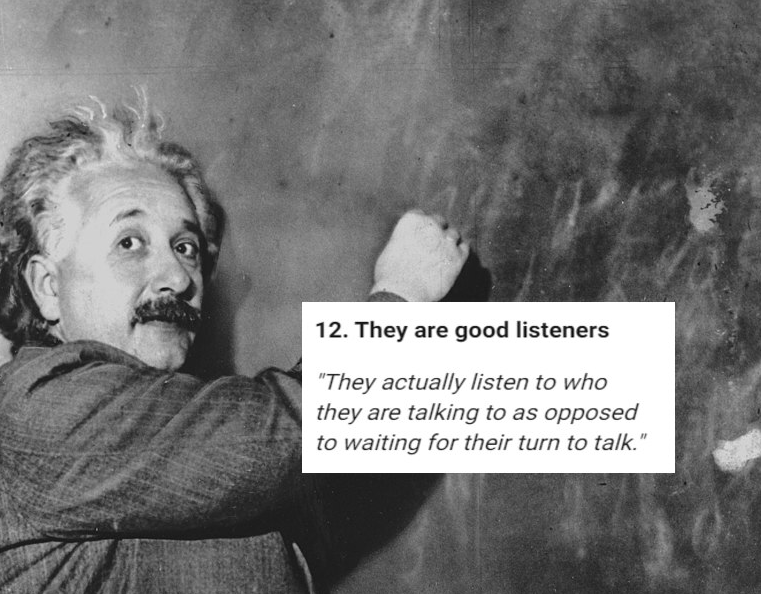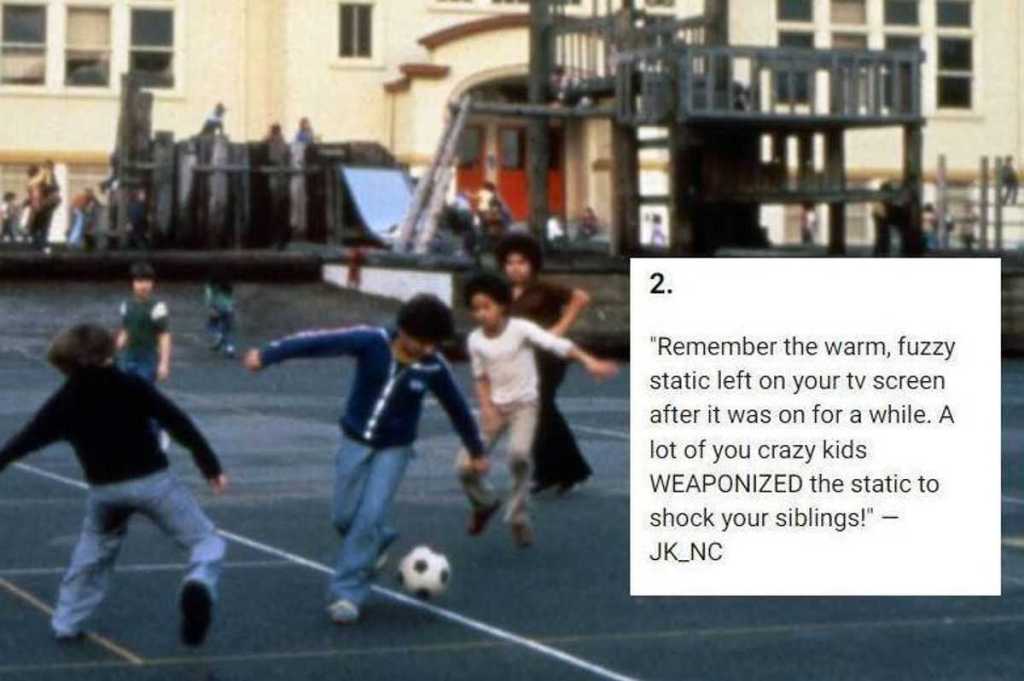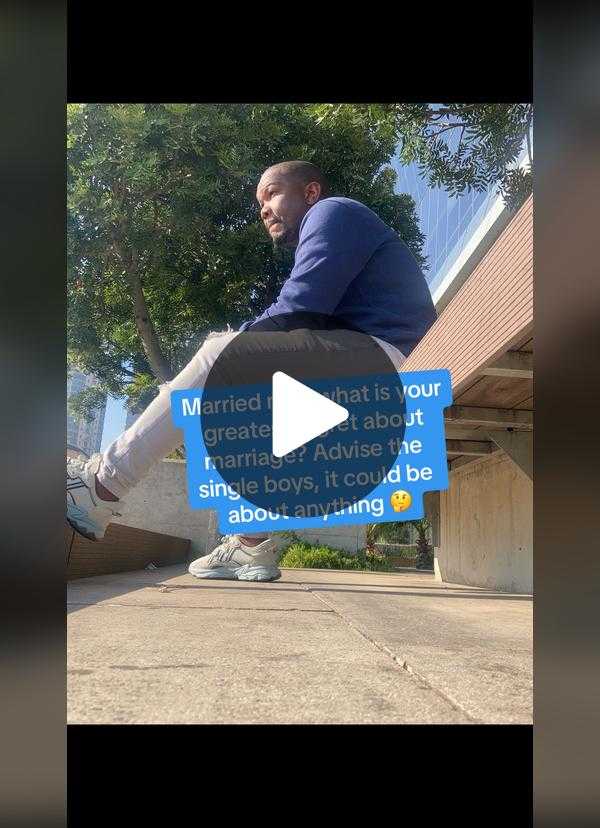When you watch or read the news, it can be easy to get down on the world. It’s not your imagination that the news has a negativity bias. One study showed that headlines denoting anger, fear, disgust and sadness steadily increased from 2000 to 2019, making it even harder to stay informed without feeling a sense of despair or hopelessness.
But that doesn’t meant that everything is bad. The reality is that there are wonderful things happening all around us that fly under the radar. Just because good news isn’t flooding our social media feeds doesn’t mean it isn’t there—we just might have to dig through the muck and mire of the media to find it.
Or, as one person discovered, ask people to share in a Reddit thread.
When Reddit user u/NorthPengyyy asked the Ask Reddit board, “What is a good thing happening in the US right now that people aren’t aware of?” people delivered.
Check out these uplifting developments that might just restore your faith and hope in humanity.
1. There’s a promising new drug treatment for Multiple Sclerosis
“We’ve discovered a drug that places a significant pause on Multiple Sclerosis progression and are in trials for what could very well be the cure.” – Alarming-Series6627
As Neuroscience News shares, “A new small molecule drug targeting the glutamate system shows promise in treating MS, potentially repairing myelin damage. This innovative approach could revolutionize MS treatment.”
2. Not only that, but a new “inverse vaccine” may revolutionize all autoimmune disease treatment
“Not only MS, but potentially all autoimmune disease, including crohns, T1 diabetes, arthritis, lyme, and even allergies.” –AVeryHeavyBurtation
In the lab, a new “inverse vaccine,” which removes the immune system’s memory of one molecule, showed an ability to completely reverse autoimmune diseases like multiple sclerosis and type 1 diabetes without shutting down the rest of the immune system. Could be a gamechanger for autoimmune diseases.
3. Anonymous donor regularly hides thousands of dollars at a children’s rehab center
“There’s a guy in my hometown who hides thousands of dollars outside a children’s rehab center, then calls the front desk and they have a little scavenger hunt until they find it. They then use the money to help families buy holiday gifts. No one knows who he is, but over the years, he’s given over $100,000. It’s usually front-page news when the year’s donation comes in!” – violetmemphisblue
How much fun must that be, both for the anonymous donor and for the employees and kids?
4. A judge in California thought there must be a better solution than locking young young people away for life. So he created an amazing, innovative educational alternative.
Superior Court Judge John Phillips had grown tired of seeing so many young people come through his courtroom and having no recourse but what the system provided—mostly jail time. So he created what he saw they needed. It’s called Rancho Cielo and it’s a place where kids who are at risk of falling into criminality go for education, support, enrichment. Here they won’t fall through the cracks and they are able to become their best selves. Read more about how and why it works here.
5. New treatments for brain cancer have arrived after a long lull
“There is a new treatment for my brain cancer. There have been NO advancements in like 40 years. I should be able to take it next year and it will hopefully delay my tumor growth.
It’s pretty exciting. I have done two clinical trials. One did not pan out. The other one they won’t have the information for probably another 6-10 years.” – chasingcomet2
This person could be talking about a new drug that’s showing promise for brain cancer that develops in the young, or they could be referring to an immunotherapy treatment for glioblastoma, or perhaps another treatment. The science is moving along quickly on this front!
6. Sea stars are making a comeback after being largely wiped out
“The sea stars on the west coast are returning after suffering a wasting disease a few years back.” – suitopseudo
In 2013, sea stars (also commonly called starfish) began dying in droves when a wasting disease swept through the population. Thankfully, scientists now have some idea of what caused that deadly epidemic and we’ve seen an increase in the number of sea stars in Washington, Oregon and northern California after the mass die-off.
7. Americans might soon save on tax filing, thanks to a new IRS program
“The IRS is testing a program in 2024 that will let most people file their taxes for free right at their website, so that should save people a little cash this spring.” – ndorox
Yes, calculating and paying taxes is an annoying and tedious process, which is why anything that makes it easier is a good thing.
8. Honeybees are making a comeback, too
“After some really scary news in the late 00’s, bee populations have been steadily on the rebound.” – CryptoCentric
It’s true. Yay for the honeybees!
9. And apparently, so is Detroit. (Go Detroit!)
“Detroit is supposedly making a comeback.” – MoreCowsThanPeople
“Can confirm! Certain areas are for real pretty nice and a lot of hip businesses have popped up. It’s still a very weird city. You have a gorgeous church or historical venue and two doors down, a burned out building. The blight is diminishing though and it’s good to see.” – sane-ish
“Lowest crime in 60 years! Downtown Detroit is having a moment right now.” – TheDadThatGrills
10. We’re kicking cancer’s butt all over the place.
“We’re killing cancer. Look at cancer survival rates over the last five years.” – TheDadThatGrills
In addition to the cancers referenced above, there have been huge leaps in breast cancer treatments and even treatments for aggressive cancers that used to mean a dire prognosis. We still have a long way to go, but the strides made on the cancer front the past decade have been nothing short of remarkable.
11. Local goodness abounds in communities everywhere.
“I look in my community. COVID has changed a lot. Ordinary people are helping out ordinary people either openly or in secret.
“There’s a hole in the wall Mexican restaurant near me. Not great food. But good amounts for cheap. I wondered why it had so many customers. They feed the homeless in the community. Some come and ask for food. Or some help at closing and in exchange get food. They never say no and happily give them food and even ask if they want chips and salsa. As a way of contributing, customers leave huge tips.
“When my friend was diagnosed with breast cancer her old next door neighbor couple took care of her yard and checked in on her.” –ClayWheelGirl
“Every year in Atlanta and surrounding areas Clark Howard (and affiliates) raise donations to give literally every single kid in foster care gifts of their choosing for Christmas morning. They make the quota every year, and participating in it is a Christmas tradition at my house. Google Clark’s Christmas Kids and give what you can.” – LarvellJonesMD·
“Last year I left a Domestic Violence situation and had basically nothing, but my kid got an unexpectedly huge haul from ‘Santa.’ It was like, 3 huge garbage bags full of toys and clothes. This year she started school and we had to classify her as homeless for her school paperwork because we live with my parents (it was required–I tried to get out of doing it) so she’s always getting offers for help from different organizations. We decline them, but it’s good to know they exist for those who are truly in need.” – NeedsMoreTuba
“Despite a tornado ripping through my town on Saturday, our community has banded together and there are more volunteers and supplies than the churches and schools can manage! People showing up to serve hot meals, loaning generators, taking in fur babies, and cleaning up.” – reggaeisanotherbag
12. People are realizing we need more positive news
“This thread does wonders for my mental health. Wow, what a bit of positivity does.” – Beliriel
“I’m so used to doom scrolling that I didn’t realize how desperately deprived I was of whatever dopamine you could get from good news, but these comments woke it up. Thank you everyone.” – Critical_Escape7745
“This thread gives me hope. For the first time in a long time.” – JoKatHW





